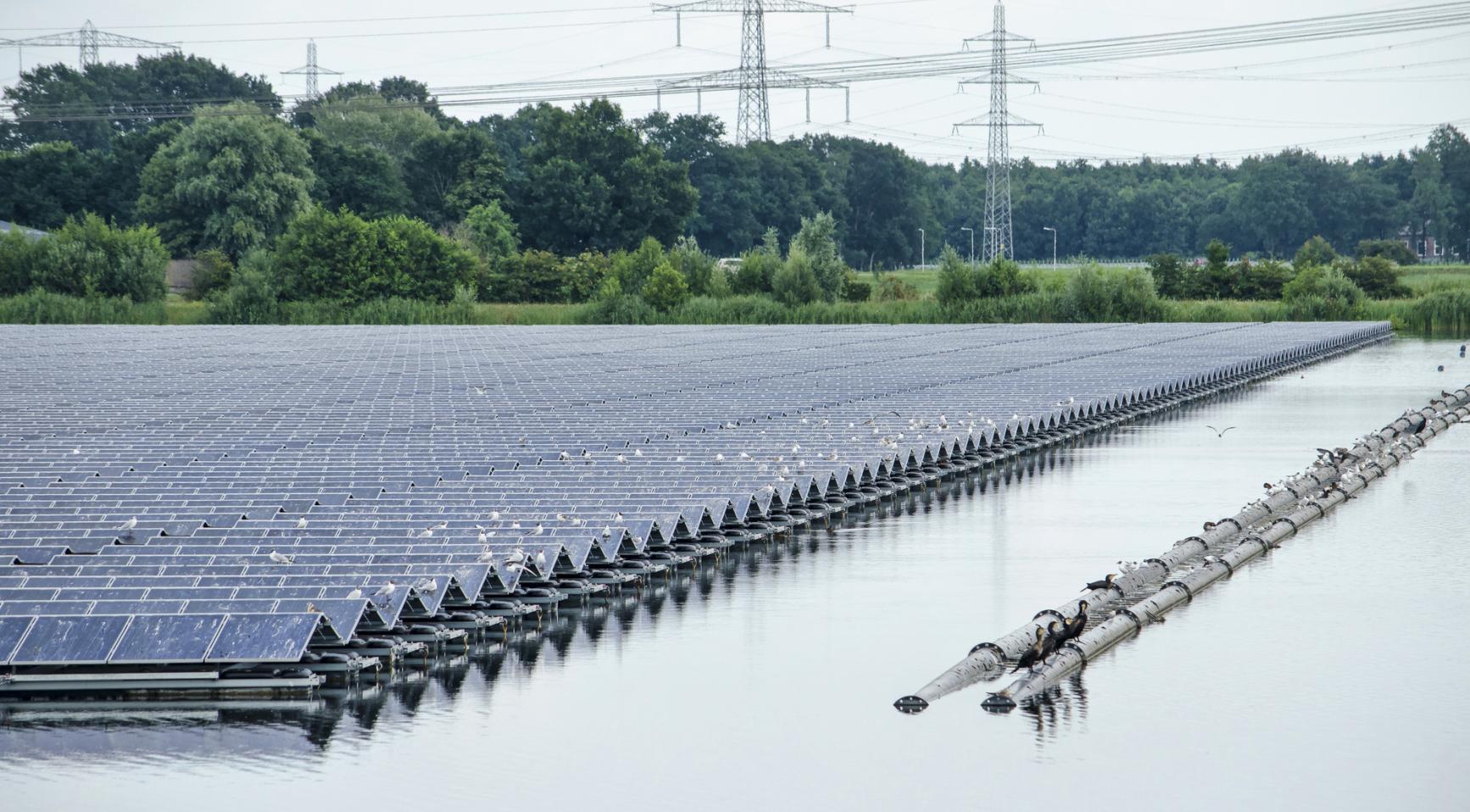The Netherlands is expected to replace nearly half a million solar panels within the next five years, but the process of recycling these panels remains in its early stages, according to recent findings by the Dutch investigative program Pointer.
Despite being rich in valuable materials like aluminum, glass, copper, silicon, and silver, old solar panels often end up being destroyed or improperly processed. While Belgium’s PVcycle company currently handles the disposal of old panels, much of the valuable material, including glass, silicon, and silver, is lost during the shredding process. The panels that are sent abroad often find their way to landfills in African countries, where there is little oversight on recycling practices, posing environmental risks.
Anton Schotman, an energy consultant from Gelderland, who has enjoyed 15 years of free electricity and four years without gas due to his solar panels, is frustrated by the lack of proper disposal options. “I want to make sure that my old panels are reused, not shredded. They can still generate electricity for another 10 years, so it’s a waste to throw them away,” he told Pointer.
Recycling of solar panels is complicated. Martin Späth, a solar energy expert with TNO, explained that the glue used to bind solar cells to the glass makes it difficult to separate the layers. Additionally, the backsheet, a plastic layer, is also hard to remove. “Solar panels are very difficult to recycle,” Späth told Pointer.
In the Netherlands, Stichting OPEN is responsible for collecting and processing electronic waste, including solar panels. However, the foundation has faced criticism from the Dutch Environment and Transport Inspectorate (ILT) for failing to meet collection goals and for its low-quality recycling methods. As of now, only basic recycling occurs, primarily in Belgium, which results in the loss of valuable materials.
In response, Stichting OPEN has begun working with MIREC, a metal company based in Eindhoven, to improve the recycling process. MIREC can now separate glass from the panels and reuse it. However, the company is still working on methods to extract silver and silicon from the solar cells, which remain lost in the current process. Hans Brekelmans, from MIREC, explained, “We are still working on ways to recover silver and silicon from the solar cells.”
A growing issue is the illegal export of defective solar panels. In 2024, Dutch customs reported a 23 percent increase in solar panel exports compared to 2022, totaling approximately 155,000 tons. The majority of these panels are sent to low- and middle-income countries, where their recycling is not closely monitored, leading to environmental and health risks. “It is a cheap way for companies to get rid of their leftover products,” Van Wezel, an official with ILT, told Pointer.
Some initiatives are working to recycle panels more sustainably. Stichting Zonnext, in partnership with Weee Nederland, operates a “solar panel orphanage,” where panels are cleaned, tested, and reused in social projects. Niels van Olffen, from Zonnext, told Pointer, “We collaborate with the municipality of Amsterdam, providing panels to households experiencing energy poverty.” However, competition with cheaper, long-lasting new panels from China makes it difficult for recycled panels to enter the market.
Despite these challenges, Stichting OPEN has plans to improve the recycling process in the coming years. By 2026, the foundation expects to be able to recycle all parts of solar panels at a high level, including silver and silicon. In the meantime, discussions are ongoing with ILT to improve the overall recycling system.
